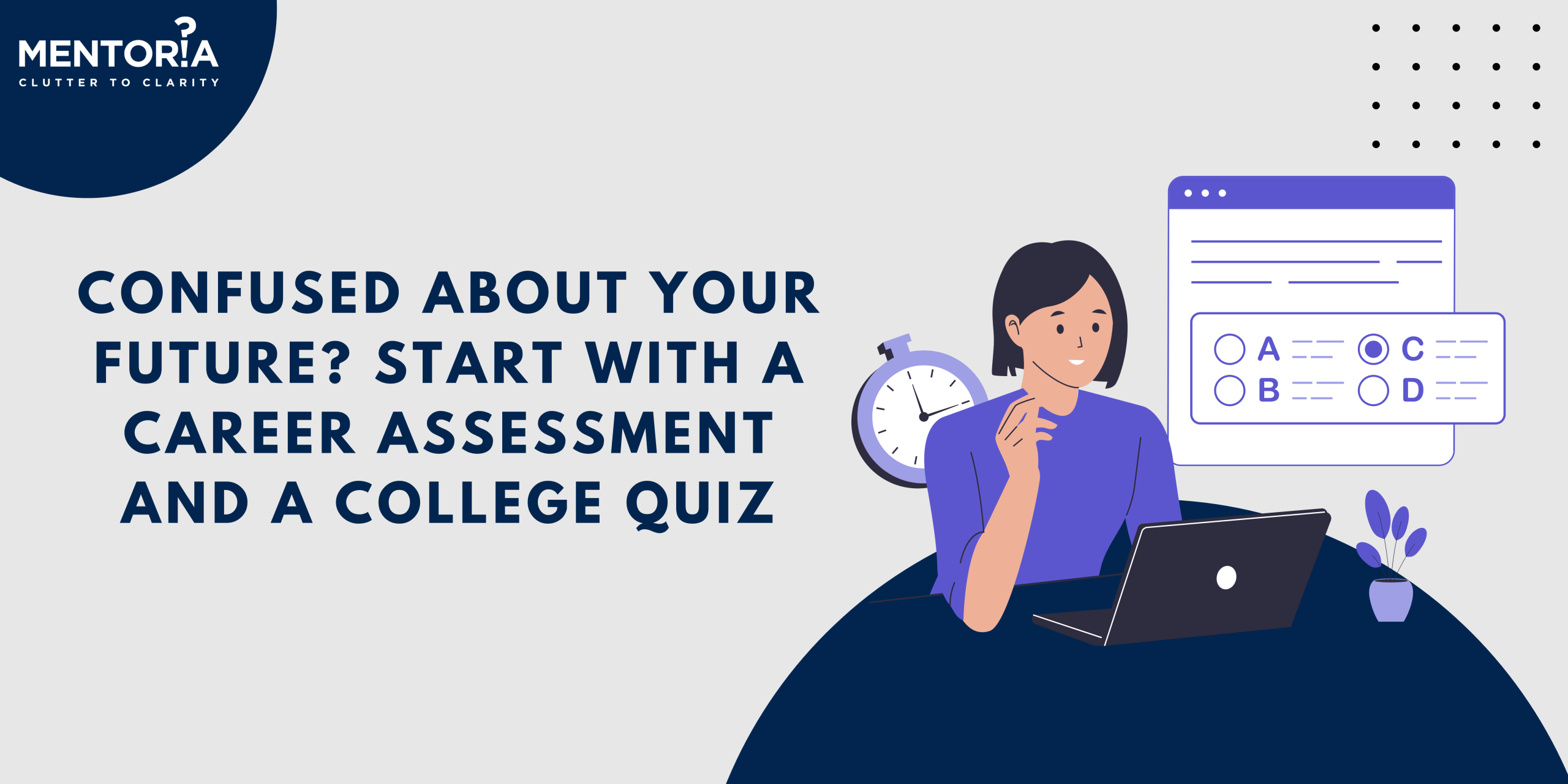Tune In And Level Up: 6 Techniques For Better Understanding And Improving Your Listening Skills

Jump to Section
Are you tired of feeling like you’re only hearing but not truly listening? Don’t worry, we’ve got you covered! In this blog, we’re going to dive deep into the art of listening and explore six powerful techniques to enhance your listening skills. Whether you’re engaging in conversations, attending lectures, or participating in group discussions, being an active and empathetic listener can make all the difference. So, let’s embark on this journey together and unlock the secrets to becoming a skilled listener!
Stay Present: The Magic Of Mindfulness
To be an effective listener, it’s crucial to be fully present in the moment. Mindfulness can help you cultivate this present-moment awareness. Take a few minutes each day to practise mindfulness meditation, focusing your attention on your breath and observing your thoughts without judgement. During conversations, avoid multitasking and give your full attention to the speaker. Stay focused by taking deep breaths and letting go of distractions. Engage in active listening by nodding, using facial expressions, and providing verbal cues to show your engagement. Remember, being present is the foundation of effective listening.
Maintain Eye Contact: Connect Through Visual Communication
Eye contact is a powerful tool for building rapport and establishing a connection with the speaker. When you make eye contact, you show that you are genuinely interested and actively listening. However, be mindful of cultural differences regarding eye contact and adapt accordingly. Use eye contact strategically to signal understanding and encourage the speaker. However, be sure to maintain a natural and friendly gaze. Excessive staring may make the speaker uncomfortable. Remember, maintaining eye contact is an essential part of nonverbal communication and helps foster a sense of trust and engagement.
Ask Thoughtful Questions: Unleash The Curiosity Within
Asking thoughtful questions is an excellent way to demonstrate your engagement and gain a deeper understanding of the topic at hand. Focus on asking open-ended questions that require more than a simple “yes” or “no” answer. This encourages the speaker to provide detailed responses, leading to more meaningful conversations. Listen actively to the speaker’s response and ask follow-up questions for further clarity and exploration. Be genuinely curious and interested in the speaker’s perspective. By asking thoughtful questions, you create a dynamic and interactive dialogue that promotes effective communication and a deeper connection.
Paraphrase And Summarise: Reflect, Reiterate, And Retain
Paraphrasing and summarising are powerful techniques that help ensure accurate understanding and retention of information. Practice paraphrasing the speaker’s words in your own language to confirm that you have comprehended their message correctly. This not only clarifies any potential misunderstandings but also shows the speaker that you are actively engaged in the conversation. Periodically summarise key points to consolidate information and check for comprehension. Summarising also allows you to remember the main ideas and retain the information better. Incorporate active listening techniques such as nodding and using verbal affirmations while paraphrasing to demonstrate your attentiveness and understanding.
Empathise And Validate: Walk In Their Shoes
Empathy is the ability to understand and share the feelings of another person. When you empathise with the speaker, you create a supportive and safe environment for communication. Put yourself in their position and try to imagine their emotions and experiences. Show empathy by acknowledging their feelings and demonstrating understanding. Use phrases like “I understand how you feel” or “That must have been challenging” to validate their experiences. Remember to approach the conversation with an open mind and refrain from judgement or making assumptions. Empathy builds trust and strengthens connections, fostering a conducive atmosphere for effective communication.
Minimise Distractions: Silence The Noise
To be an active listener, it’s essential to minimise distractions and create a conducive environment for effective communication. Find a quiet space where you can have focused conversations without interruptions. Put away electronic devices or set them to silent mode to avoid distractions. Practise active self-awareness and redirect your attention if your mind starts to wander. Create a mental barrier between the conversation and external distractions to maintain focus. By minimising distractions, you can fully dedicate your attention to the speaker and engage in meaningful and productive conversations.
Crack Interview Questions With Mentoria!
Remember, being a great listener is a lifelong practice that requires conscious effort and dedication. By implementing these techniques, you’re on your way to becoming an active, empathetic, and attentive listener. Embrace the power of listening, and watch as it transforms your personal and professional relationships, expands your knowledge, and opens doors to new opportunities. So, go forth and become a master of the art of listening!
We’re here to provide you with all the help! Kick-start your journey with Mentoria and discover the right fit for you. Feel free to call us to speak to our career mentors and choose the right guidance plan that suits your needs.
Mentoria’s career guidance programme enables you to choose your perfect fit from 3 streams, 850+ courses, and 12,000+ careers, and discover what will bring out the best in you.









